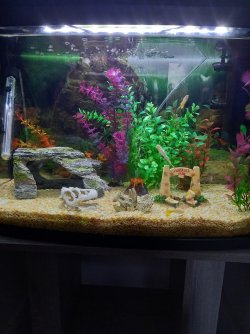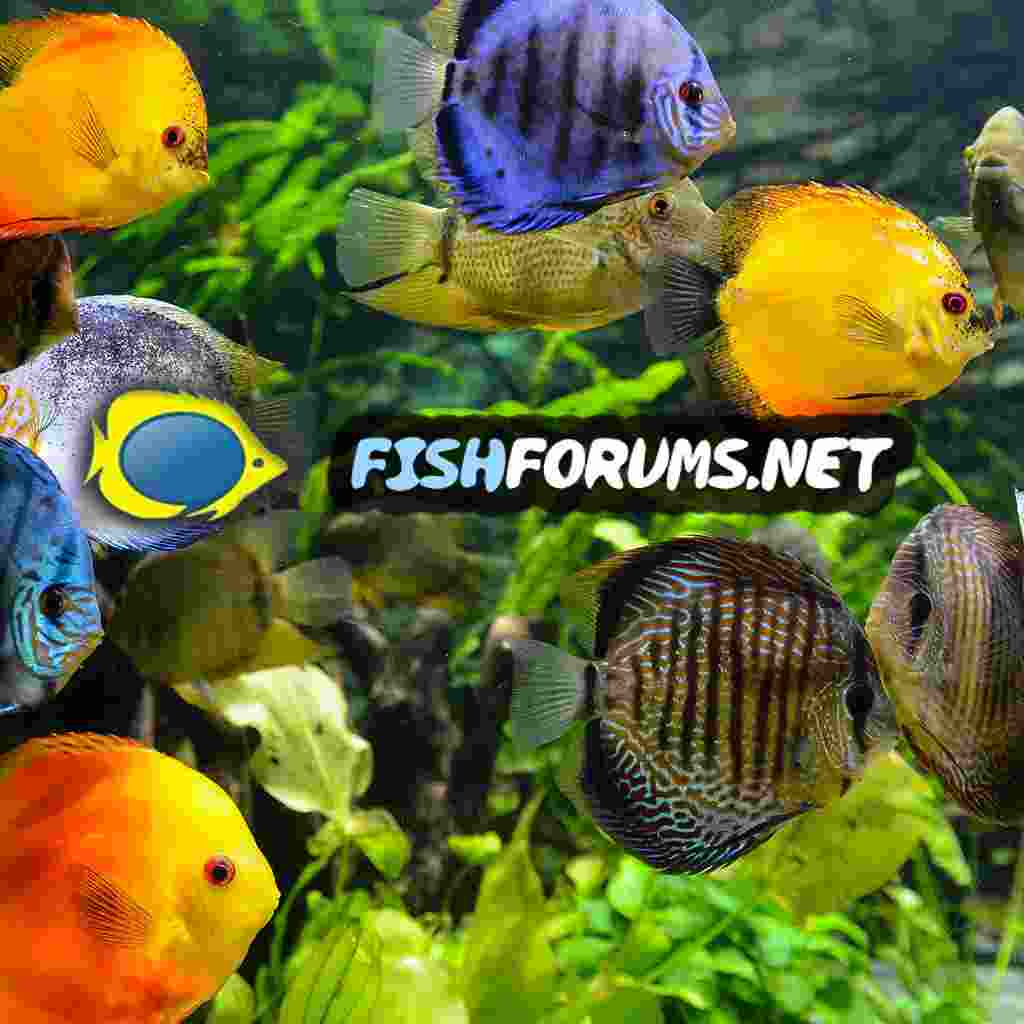Hello everyone
New here so please be gentle!
I've generally been getting 1 death every few months in my tank and not sure why, so hoping some people with more knowledge than me can help! They've always been 1 at a time and generally quite random. Species included have been Congo frogs, mollies, beta, loach and today a "moppy".
Most have been purchased from the same local aquatic centre inside a garden centre.
Current set up:
70l tank
Fluval U2 filter
Heater set at 25°c
Small air stone
Have the light on for 12 hours a day
Water parameters just tested:
Ammonia 0
Hardness 150
Nitrate 10
Nitrite 0
Chlorine 0
Alkalinity 120
PH 7.2
Current stock:
4 guppies
1 molly
1 loach
1 Congo frog
Food:
Small pinch of dry tropical flakes every evening
I feed the frog separately every 3 days with some frozen bloodworm
Is there anything standing out that could be an issue?
Thanks!
New here so please be gentle!
I've generally been getting 1 death every few months in my tank and not sure why, so hoping some people with more knowledge than me can help! They've always been 1 at a time and generally quite random. Species included have been Congo frogs, mollies, beta, loach and today a "moppy".
Most have been purchased from the same local aquatic centre inside a garden centre.
Current set up:
70l tank
Fluval U2 filter
Heater set at 25°c
Small air stone
Have the light on for 12 hours a day
Water parameters just tested:
Ammonia 0
Hardness 150
Nitrate 10
Nitrite 0
Chlorine 0
Alkalinity 120
PH 7.2
Current stock:
4 guppies
1 molly
1 loach
1 Congo frog
Food:
Small pinch of dry tropical flakes every evening
I feed the frog separately every 3 days with some frozen bloodworm
Is there anything standing out that could be an issue?
Thanks!



